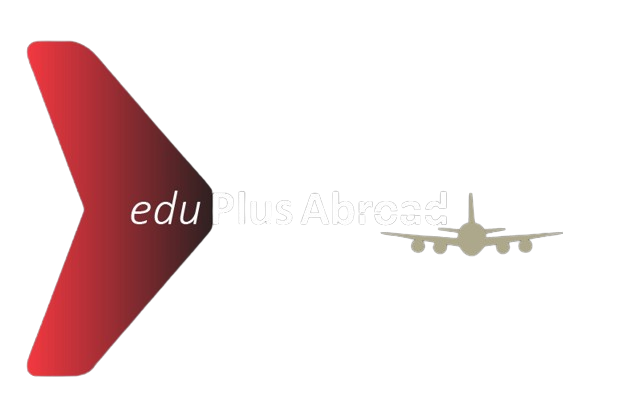Language Learning Benefits: How Learning a New Language Enhances the Study Abroad Experience
The Power of Language in Broadening Horizons
When you decide to study abroad, learning a new language is one of the most rewarding experiences you can have. It goes beyond just understanding words and phrases; it’s about connecting with a culture on a deeper level. Think about it: when you can speak the local language, even just a little, you unlock a world of new opportunities and experiences. It’s not just about being able to order a coffee or ask for directions (although that’s super helpful!). It’s about engaging with people, understanding their stories, and seeing the world from a fresh perspective.
Many students worry about the language barrier when they go abroad for studies. But here’s the fun part – learning the local language, even if it’s the easiest language to learn, can make your experience so much more enriching. It’s like discovering a hidden side of the place you’re in. You start to see things that tourists miss and form connections that go beyond the surface level. Plus, when you put in the effort to learn, locals usually appreciate it and are more likely to engage with you. It’s a win-win!



